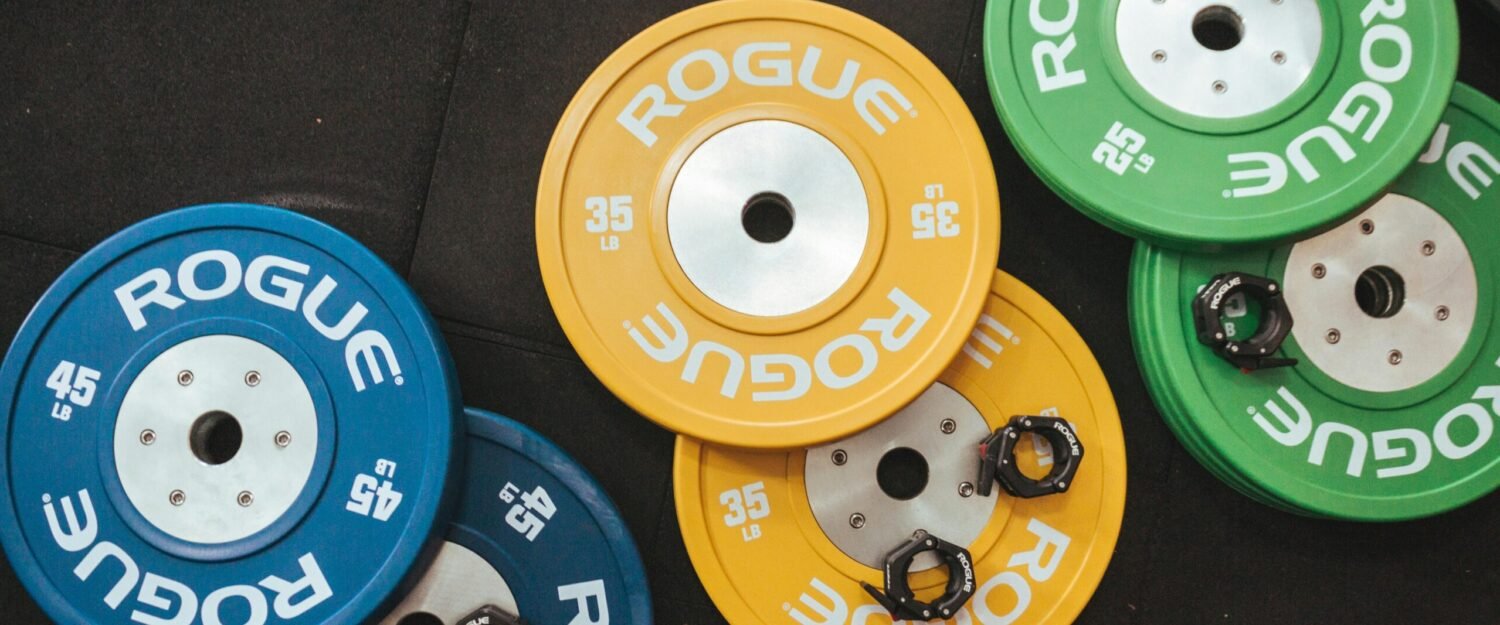
Table of Contents
Mindfulness Practices and Their Benefits
Mindfulness is a mental practice that encourages individuals to pay attention to the present moment without judgment. Originating from ancient meditation practices, notably within Buddhist traditions, mindfulness has gained popularity in modern psychology and wellness. At its core, mindfulness fosters awareness of one’s thoughts, emotions, and physical sensations while promoting a sense of acceptance and presence. This practice is increasingly recognized for its numerous psychological and physical benefits.
One of the primary principles of mindfulness is the emphasis on understanding and observing thoughts and feelings as they arise, rather than reacting impulsively. By incorporating techniques such as meditation and breath awareness, individuals can cultivate a clearer mind and better emotional regulation. Regular practice can lead to significant reductions in stress, anxiety, and even physical pain, enhancing overall well-being. In the context of athletic performance, including weightlifting, these benefits are particularly noteworthy.
For athletes, the application of mindfulness can contribute to improved focus and concentration during training and competition. By engaging in mindfulness practices, weightlifters can enhance their mental clarity, leading to better decision-making under pressure. Furthermore, mindfulness has been shown to increase resilience, allowing athletes to recover more effectively from setbacks, injuries, and intense workouts. This resilience is crucial in a rigorous training regime where mental fatigue can often overshadow physical capabilities.
Additionally, the integration of mindfulness techniques into a weightlifting routine can support a deeper connection with the body. Athletes who practice mindfulness are more likely to be aware of their physical states, enabling them to make necessary adjustments and prevent injuries. Thus, the benefits of mindfulness extend beyond mere mental health; they play a vital role in enhancing recovery and performance in the athletic arena.
The Connection Between Mindfulness and Physical Recovery
The relationship between mindfulness and physical recovery in weightlifting is increasingly being recognized within both scientific and athletic communities. Physiological recovery is an intricate process that involves muscle repair, inflammation reduction, and the restoration of energy levels. Stress plays a critical role in this cycle, as elevated cortisol levels can impede recovery by increasing muscle soreness and prolonging fatigue. Mindfulness techniques, which focus on being present and cultivating a non-judgmental awareness of one’s thoughts and feelings, can significantly reduce stress levels, thus aiding physical recovery.
Research indicates that engaging in mindfulness practices boosts relaxation and mental clarity, which are essential during the recovery phase after intense weightlifting sessions. Techniques such as meditation and deep-breathing exercises promote a state of relaxation that not only calms the mind but also leads to physiological benefits, such as decreased heart rate and lowered blood pressure. This relaxation response can facilitate muscle recovery, allowing athletes to return to their training regimes more quickly and effectively.
Moreover, a positive mental state, cultivated through mindfulness, is crucial for injury prevention. Athletes often experience anxiety about re-injury, which can subvert healing processes. A mindful approach encourages individuals to focus on their physical sensations and mental states without the burden of negative self-talk or anxiety, contributing to healthier recovery outcomes. It nurtures a mindset that embraces healing and promotes resilience, reducing the likelihood of setbacks during training.
Numerous scientific studies and expert opinions underline the psychological benefits of mindfulness in athletic recovery. These findings support the notion that consistent mindfulness practice not only enhances mental well-being but also positively influences physical health, creating a synergistic effect that bolsters the overall recovery process in weightlifting.
Practical Mindfulness Techniques for Weightlifting Recovery
Incorporating mindfulness into weightlifting recovery can significantly enhance both mental and physical well-being. Here, we delve into several practical mindfulness techniques that can be easily integrated into a weightlifting regimen to foster recovery.
One effective technique is the body scan, which encourages awareness of physical sensations and promotes relaxation. This practice involves lying in a comfortable position, closing the eyes, and mentally scanning the body from head to toe. Individuals should take a moment to notice areas of tension or discomfort, breathing deeply into those spaces. This heightened sense of awareness allows for a more profound connection to one’s body, helping lifters identify specific areas needing attention or rest.
Mindful breathing exercises serve as another vital tool in enhancing mindfulness during recovery. Lifting weights can induce stress both mentally and physically. Engage in a simple breathing exercise by inhaling deeply through the nose for a count of four, holding the breath for four counts, and exhaling slowly through the mouth for a count of six. This practice not only combats stress but also cultivates focus, enabling athletes to become more attuned to their bodily needs during recovery periods.
Visualization practices can also be incredibly beneficial. After a workout, find a quiet space and visualize the recovery process. Picture the muscles healing and strengthening. This mental imagery can enhance motivation and reinforce positive outcomes associated with recovery. Alongside these techniques, incorporating mindfulness into a workout schedule mandates consistency. Setting aside specific times for these practices can transform recovery days into rejuvenating experiences, ultimately leading to improved weightlifting performance.
By adopting these practical mindfulness methods, weightlifters can not only enhance their recovery but also better connect with their body’s needs throughout the training process.
Real-Life Success Stories: Athletes Embracing Mindfulness
In the world of weightlifting, where physical performance and mental fortitude are of equal importance, numerous athletes have turned to mindfulness to enhance their recovery processes. One such athlete, Sarah Thompson, a competitive powerlifter, shares how mindfulness has transformed her approach to training and recovery. Faced with burnout and persistent injuries, she decided to incorporate mindfulness practices such as meditation and breathwork into her daily routine. Sarah reports a notable improvement in her mental clarity and reduced anxiety levels, which allowed her to focus more during her lifts and effectively manage her recovery. This mental shift not only lessened her injury recurrence but also deepened her enjoyment of the sport.
Another impressive example comes from Mark Jennings, a weightlifting coach who has integrated mindfulness techniques into his training programs. Mark emphasizes the importance of mental state in physical performance and advocates for practices like visualization and body-scan techniques among his athletes. He notes that these mindfulness strategies have led to heightened awareness of their bodies, enabling athletes to listen to their physical needs more attentively. As a result, he observed a marked decrease in injuries, alongside an increase in personal bests, proving that mindfulness can be a game-changer in a weightlifter’s journey.
Furthermore, testimonials from the athletes he trains have echoed this sentiment. Many have reported an improved ability to cope with the stresses associated with competition, allowing them to perform at their best while enjoying the training process. These personal narratives highlight not only the practical benefits of embracing mindfulness but also the profound shifts in outlook and enjoyment of the sport. As mindfulness continues to gain traction in athletic communities, it is clear that its impact reaches far beyond mere performance, fostering a more holistic approach to recovery and wellbeing in weightlifting.
If you found this post to be helpful, then you may be interested in the rest of our blog page here.
At Gear Affiliate, we always want to give our readers more resources to research. Below are a few sources that we have found to be helpful relating to this topic.
Video Links: Video 1, Video 2.
Discover more from GearAffiliate
Subscribe to get the latest posts sent to your email.


